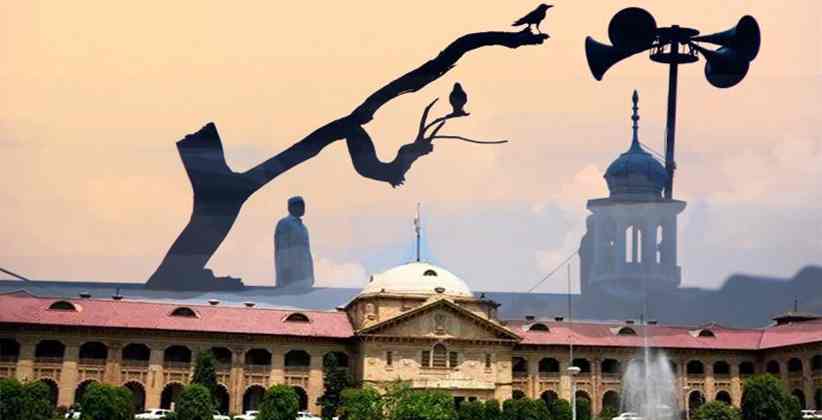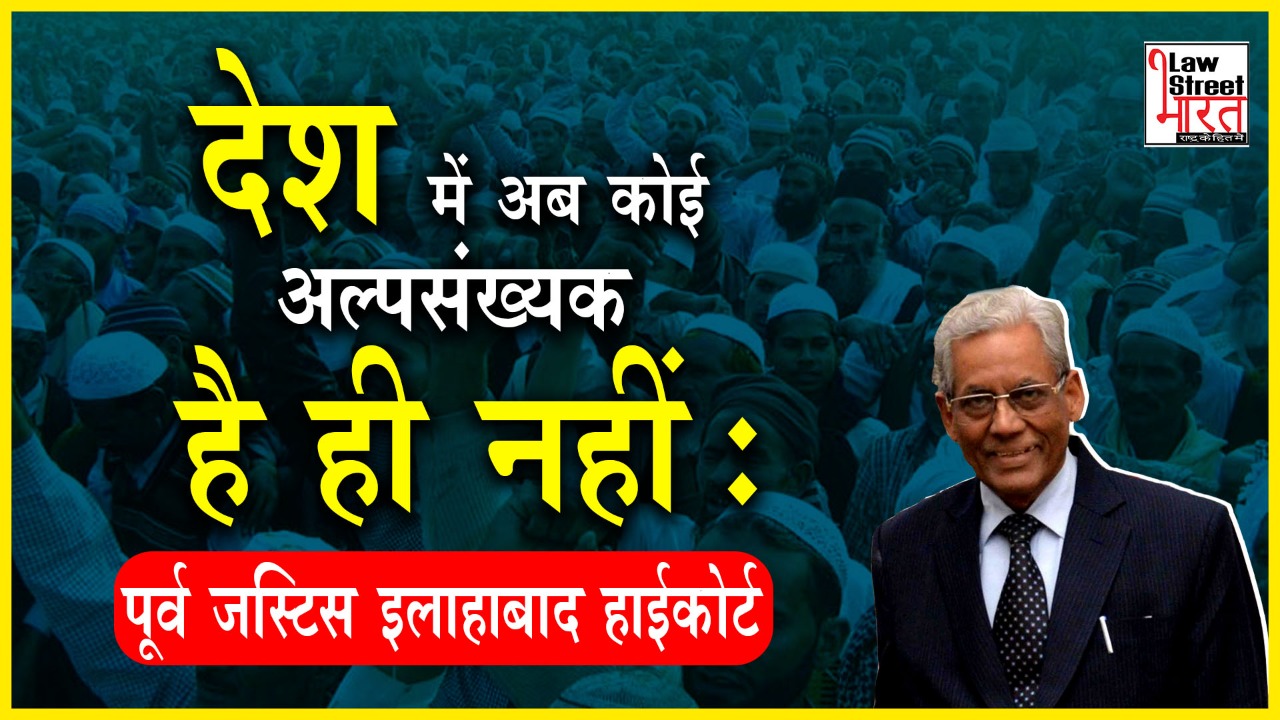Prayagraj: The Allahabad High Court has held that couples who marry without their families’ consent are not entitled to police protection as a matter of right, unless there is a “clear and serious threat” to their life or liberty.
This observation came during the hearing of a writ petition filed by Shreya Kesarwani and her husband, who had approached the court seeking protection and an order restraining their families from interfering in their marital life.
Justice Saurabh Srivastava, who heard the matter, remarked that although courts can extend protection in appropriate cases, couples must also “learn to support each other and face society” in the absence of any real threat.
After evaluating the circumstances, the court concluded that there was no indication of any risk faced by the couple.
“There is not even an iota of evidence to evince that private respondents [relatives of either of the petitioners] are likely to cause a physical or mental assault to the petitioners,” the bench stated in its order dated April 4.
Citing the Supreme Court’s verdict in Lata Singh vs State of UP (AIR 2006 SC 2522), the High Court reiterated that protection cannot be granted solely because two consenting adults decided to marry without their parents’ blessings.
The bench therefore found no grounds for issuing protective orders. “There is no requirement of passing any order for providing police protection to them,” it ruled while dismissing the petition.
However, the order clarified that the couple can always approach law enforcement or courts if they are subjected to any mistreatment or harm in the future.
This judgment comes amid growing scrutiny of the Allahabad High Court’s recent pronouncements, with the Supreme Court pulling it up on two occasions for what were deemed as insensitive remarks.
In one such instance, the top court criticised the High Court for granting bail to a rape accused based on an observation that the victim “herself invited trouble” by going to the accused’s house while intoxicated. A bench headed by Justice BR Gavai termed the comment highly inappropriate, stressing, “Yes, bail can be granted… but what is this discussion that she herself invited trouble, etc.? One has to be careful when saying such things, especially on this side [judges].” Solicitor General Tushar Mehta echoed the concern, stating, “Complete justice should not only be done but also seen to be done.”
In another controversial case, the Supreme Court took suo motu cognisance and stayed an observation by the Allahabad High Court that groping a woman’s breast and pulling the drawstring of her attire does not constitute an attempt to rape. The apex court denounced the view, calling it a reflection of “total insensitivity and inhuman approach” and termed the matter “very serious.”








!["No Loudspeakers For Azan, No Fundamental Right To Create Noise," Says Allahabad HC To Two Mosques [Read Judgment]](/secure/uploads/2020/01/lj_4995_Allahabad_HC_AZAN.jpg)






